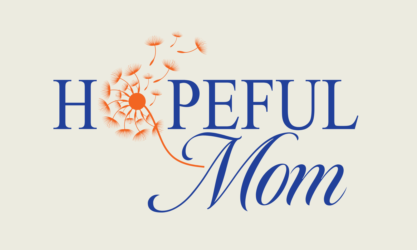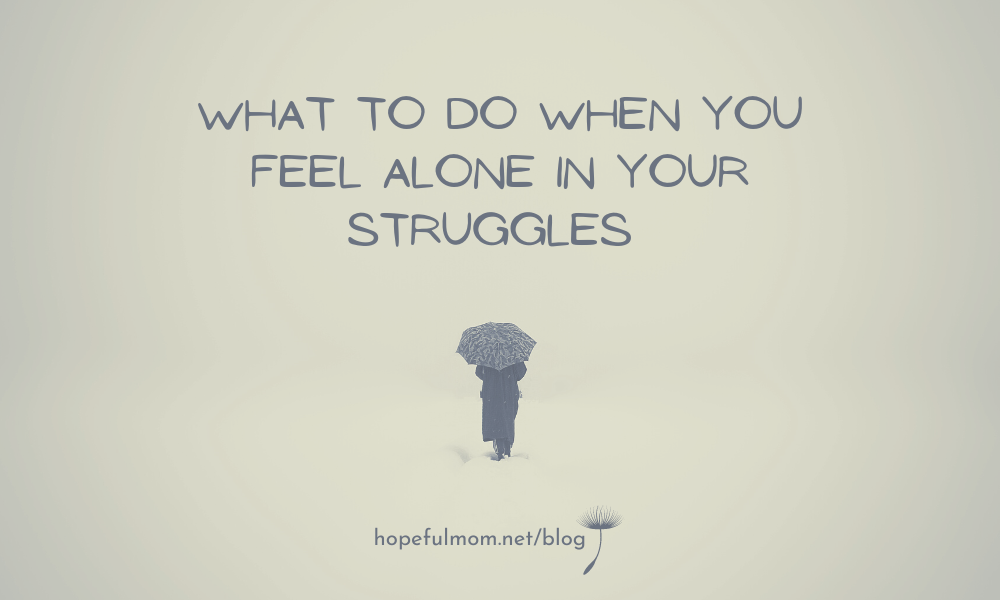The heaviness was too much to bear alone. I needed to relieve the burden, to share the heartache, to transfer the pain.
My husband and I had just learned our son had been watching pornography. Through an hour-long discussion, my son disclosed his indiscretions, revealing news we weren’t prepared for. Although the conversation had ended well, my brain and body were reacting.
The shock was fresh. The injury was raw. The grief was palpable.
But who could I call?
Family? Their opinions of my son would change.
Pastor? That was my husband. (He was as befuddled as I was.)
Counselor? I didn’t have one.
Friends? My son didn’t want anyone to know. That eliminated most of my friends. And, truthfully, I wasn’t keen on the idea of my friends judging my parenting abilities.
But I longed for advice, a glimmer of hope. So, I drove down the street and called an out-of-state friend. I trusted her judgment, and she didn’t know my son that well. Her soothing voice was a balm to my wound, a comfort to my soul. She reassured me, prayed for me, imparted a few words of wisdom, and offered the hope I yearned for.
Community
Some of us believe we can live independently, pulling up our bootstraps when we bump into obstacles and plowing through when the journey gets rough. But we aren’t designed to do life alone. We were made for community.
Many of us choose not to reach out when we are in pain or experiencing trauma. We don’t want to be a burden, don’t want to add to someone else’s list. We don’t want to show our vulnerabilities or admit our downfalls. But leaning on a friend, church member, or counselor is not a sign of weakness. No, it’s an indication that we know our limits, recognize our human requirement for relationships, and will accept help. We’ll reach out and satisfy the void.
We need each other. Life is better with people to laugh with, cry with, and share life with. And, while those in our household (spouses, siblings, children, and parents) can fulfill our desire to interact and feel loved and uplifted, those outside our home can observe from a different perspective. They can be a reasonable voice in the midst of emotional turmoil.
Support
For years, I searched for an online group, a place to tell my story and share my hurts. I wanted a hug and needed advice. My out-of-state friend listened and kept my sanity intact, but she hadn’t walked through it herself. And none of my other friends were knocking on my door to reveal that their children were watching pornography—that they knew how I felt based on experience.
I’m grateful the climate is changing. Since starting Hopeful Mom, I’ve had countless conversations with teens, parents, grandparents, leaders, and others. Society is waking up to the dangers pornography poses, and we are discussing its harms. We are becoming more comfortable expressing our concerns with each other and with our children. But, it’s still awkward and distressing. The stigma surrounding pornography still exists. Then there’s that tricky spot of needing help but not wanting to expose our child’s behavior. That’s reasonable.
Despite the discomfort, I encourage you to find at least one trustworthy person to bare your soul to—someone who will listen, guide, uplift, and offer hope. Your mental wellbeing is at stake. And a parent who is mentally and physically well is a better parent.
Other Resources
Peruse the website. Read the blog posts and peruse the resource page, especially if you are new. Connect with the Hopeful Mom community on Facebook and Instagram. Subscribe for updates and information on my book launch.
As always, you are welcome to contact me directly. I would love to hear your story and offer you a virtual hug.
Please share this post with your friends through email and social media. The best way to help our friends, especially those who are feeling alone in their struggles, is by leading them to support.
“I have never really been able to talk about this with anyone other than . . . my therapist. Thanks for listening.” – A mom affected by pornography
About the author
Barb Winters is the author of Sexpectations: Helping the Next Generation Navigate Healthy Relationships and founder of Hopeful Mom. She’s a certified mental health coach and offers one-on-one consultations for parents. For more about Barb, click "About" in the menu.




One Reply to “What to Do When You Feel Alone in Your Struggles”